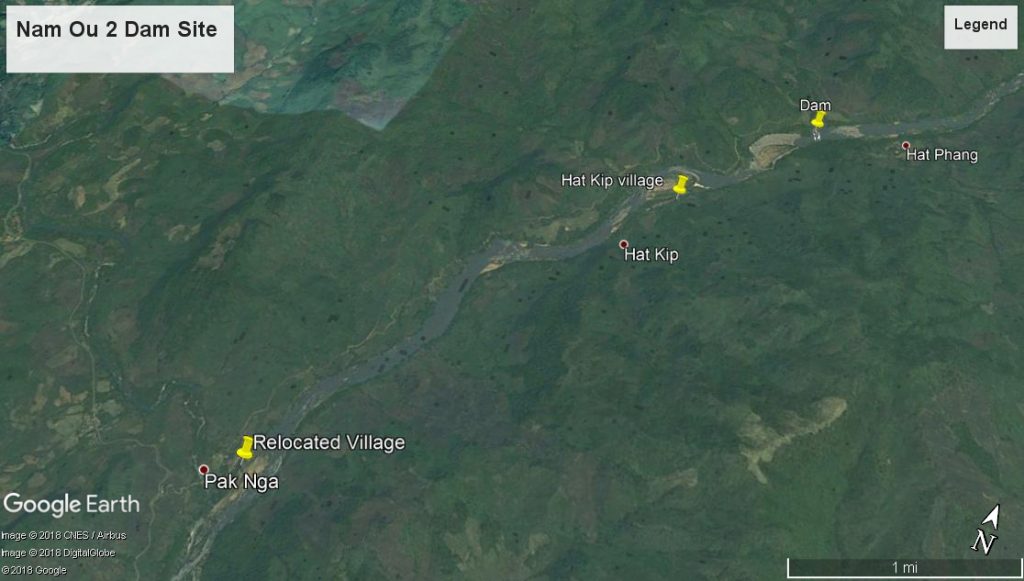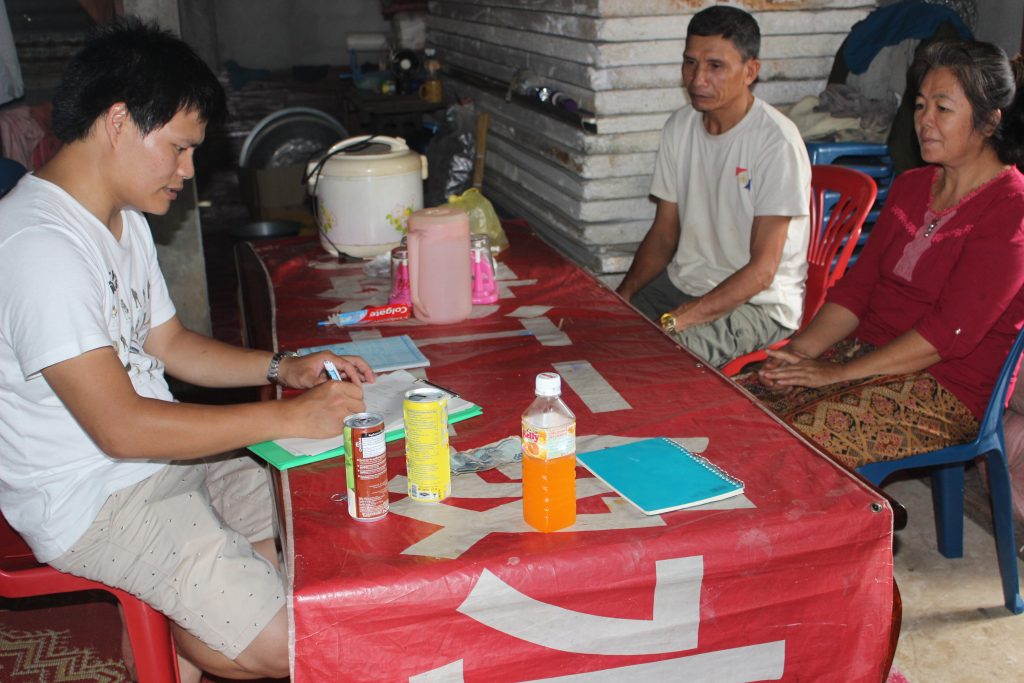社会のイスラーム化と政治の脱イスラーム化 /新設モスクにおけるイスラーム団体の覇権
対象とする問題の概要 私が対象とするインドネシアはムスリムが人口の88%を占める。1970年代以降、敬虔なムスリムが増加していると言われている。一方で、1998年の民主化以後の選挙結果を見ると、イスラーム系の得票率は増加傾向にない。むしろ…

Laos, a land-locked country located in Southeast Asia, has abundant water resources from its many rivers. In the region, Laos has hydropower as its comparative advantage. Therefore, the country has been eager to build hydroelectric dams and invite foreign investors to invest in the hydropower sector to make use of the water resources and generate revenues for the socioeconomic development. At the macro-level, there may be such benefits from hydroelectric dams. However, the benefits at the micro-level for communities are still being investigated.
The purpose of this research is to investigate the conditions of the relocated HatKhip village’s livestock possessions, farming, and food consumption and expenditure. It also includes data on people’s perceptions on the quality of road access, and hospital, among other things. To this end, I created a seven-page questionnaire with 41 questions and interviewed 95 heads of households.

Two villages, HatKhip village and HatPhang village, were relocated in 2014 to the Pak Nga village area (see figure 1) which is 10 km and 13 km away from the previous locations, respectively. The project named the new village “Ban Maiphonekham,”, which literally means the new village of the golden hill. However, villagers prefer to continue calling it HatKhip village. The village has 174 families comprising 787 people out which 537 are female. From the interviews and interaction with the villagers, it is obvious that the village has been facing both social and economic problems. Socially, villagers are from different villages that have different religions: Buddhism and animism. Furthermore, the village was separated into two groups due to an issue with compensation. The first group comprises 114 households who have claimed a promised three-year compensation during the transition period. The second group comprises those who do not cooperate in the claim for the compensation. Members of the second group are village committee members or their relatives and are thought to be feared by higher-level authorities such as district or provincial level authorities. Economic issues have arisen due to difficulties in commuting to work because the villages were relocated far agriculture lands. In the new village, they only have land for their houses and were not compensated for agricultural land. In the five years since the relocation, my interviews and interaction with the relocated villagers have revealed no evidence of improvement in the lives of the villagers.
For future research, I aim to study how the government of Laos channels the national revenues or income from the hydropower sector. This is to understand to what extent the hydropower sector can advance the country’s economy in terms of macro-level benefits.
Copyright © 附属次世代型アジア・アフリカ教育研究センター All Rights Reserved.